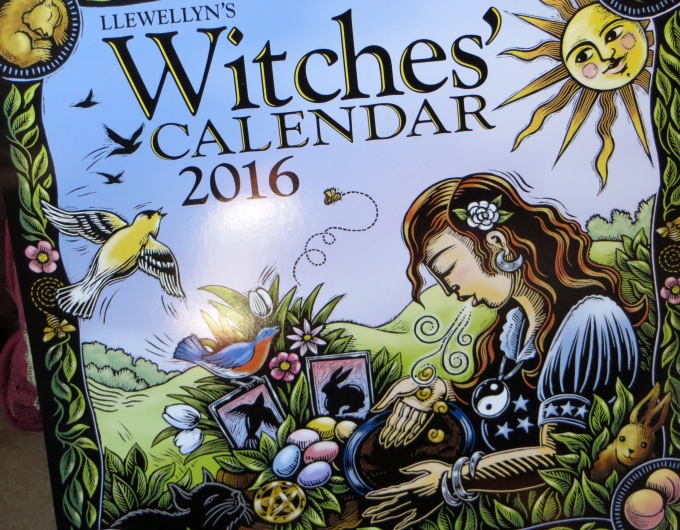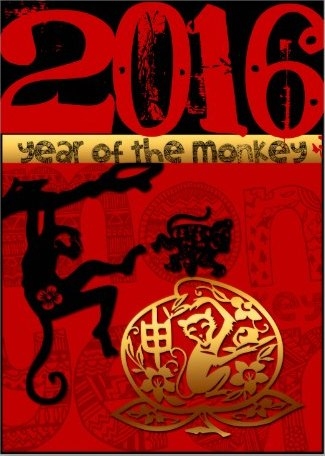Have you ever read O. Henry's “Gift of the Magi”? It's one of our favorite short stories and perhaps one of our favorite love stories, too. To give up something of yourself that you truly value in order to give joy to another is the ultimate idea of generosity and love. We don't exchange expensive gifts any more. (No matter what David says, a new dinghy engine or a whisker pole is not a gift in my book.) When we do, they're usually small in monetary value, but significant in worth. Cutting my hair wouldn't net me a penny (in fact, they'd charge me $50) and David has no watch fob to sell. We have to improvise.
As we've traveled, we've received many, many gifts over the years. Those that have the least to give always seem give the most. Perhaps it's the thought and the amount of effort that go into some gifts that make them all the more special. I make a distinction here between bartering and outright gifts. Some gifts were exchanged; others were simply a token of friendship with no thought of remuneration.
In New Zealand, we met a Maori fellow who enjoyed carving bone and shells. He was an excellent craftsman and much of his work was in paua, New Zealand's beautiful opalescent abalone shell. Seeing his work, David asked if he'd ever tried working with nacre, the black pearl oyster shell of French Polynesia and he admitted, though he'd seen it, he'd never had access to any. We had lots aboard, gathered from shell piles in the Gambier and we made a trip back to give him some. He showed up at the boat a few days later with some kiwi feathers that he'd gathered from a kiwi nest. A gift, he said, to thank us for the shells. Totally unnecessary, and so very appreciated.

I became fast friends with Veronica at Suwarrow Atoll. She and her husband, John, and their three boys lived six months a year on a remote little island as caretakers for the Cook Island's only national park. We had learned before we left Bora Bora that they were out of propane and several other basics. There were no scheduled supply ships stopping at Suwarrow for the season. We arrived with a propane tank, some sugar, a blown-out mainsail and several other problems. Only accessible by boat, Suwarrow was frequented in season by hundreds of boats making their way across the Pacific. Most spent a few days and moved on. We spent three weeks trying to get our repairs done.
Vero realized from the start that we had lots of work to do and made room for us to get it done ashore. When there was a pot luck and I didn't have time to get back to the boat to prepare something, she'd always tell me she had made more than enough for our contribution, no worries. She'd bring down coconut water or a cup of tea during the day while I was repairing the sail on the beach. While other cruisers were visiting some of the atoll's many islets, David and I were working on our repairs. Finally, when we were finished, John and Vero offered a “private” tour with them of some of the off-limits islands which were breeding bird sanctuaries. When we left Suwarrow, I gave her one of my sundresses that she had admired so much. She gave me a bouquet of red-tailed tropic bird feathers. (Note: female tropic birds lose their tail feathers when they're nesting and Vero just collected them … she didn't pluck them!). Those feathers still reside on the boat in a place of honor.

In Vanuatu, Natu, the first grade teacher, was a sweetheart. It was easy to bond with her in the way women do. She was a mother of five, university-educated and lived in a thatched hut in a small village on Aneitym. We met at the school and spent many hours there and at her home, chatting about teaching and the importance of education for her village's children. While David helped the village men with solar panels, Natu showed me the many uses of taro. I held her baby and washed her. I found some needed school supplies for the kids … glue sticks were in high demand. When we left, she presented us with a hand-woven palm basket full of fresh fruit, vegetables and local flowers and a wonderfully, endearing hug. I was so moved, I nearly cried. What a lovely parting gift.

Black pearls in French Polynesia, tiny white pearls in the Cook islands, bead bracelets and molas from the Kunas of Panama, Pisco from fellow sailors in Peru, fresh fruit and veggies, cray fish, carvings, baskets ...the list goes on of the gifts we've received in our travels. Unsolicited, generous giving on the part of our hosts as signs of friendship. We are so often overwhelmed with the life we lead and the people we meet.

More than three decades ago, when asked what I'd like for some obscure holiday, I remember telling David in jest that I'd like a new ring. He obliged within hours, crafting a paper clip into a piece of “fine” jewelry. I wore that ring for a month till my finger turned green. I still have it, though I admit I don't wear it much … us, being on a boat and it, being fine jewelry and all. The spontaneous sweetness of it keeps it in my memory and reminds me how a simple, thoughtful gesture, no matter how small, can mean so much.

So, to all of those people who make the 90-day rule come true and to Tim from Wisconsin who named some of my website butterflies for me and Phil in Sydney who sent us a jump drive with thousands of e-books and Gonzalo who keeps us supplied with sunscreen despite the fact he's in Peru and we're always in some obscure place and Miks in Maine who makes sure we have an email every day when we're at sea and so many others of you whom we've never met and who continually send us well wishes and good energy … we thank you most sincerely for your generous gifts!













